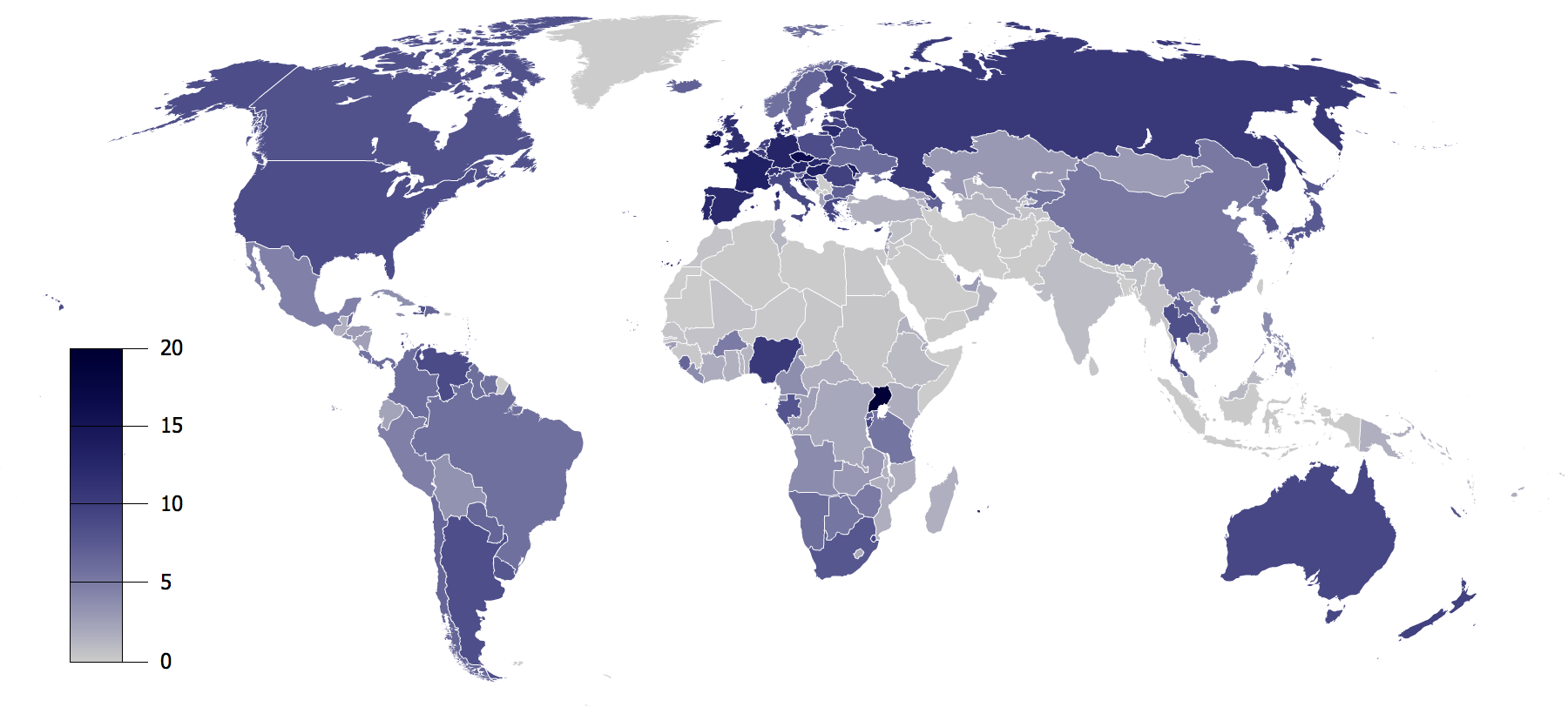Alcohol And Cardiovascular Disease on:
[Wikipedia]
[Google]
[Amazon]
 Excessive alcohol intake is associated with an elevated risk of
Excessive alcohol intake is associated with an elevated risk of
USDA Dietary Guidelines for Americans 2005: Chapter 9 Alcoholic Beverages
Alcohol and heart health: Separating fact from fiction
 Excessive alcohol intake is associated with an elevated risk of
Excessive alcohol intake is associated with an elevated risk of alcoholic liver disease
Alcoholic liver disease (ALD), also called alcohol-related liver disease (ARLD), is a term that encompasses the liver manifestations of alcohol overconsumption, including fatty liver, alcoholic hepatitis, and chronic hepatitis with liver fibrosis ...
(ALD), heart failure
Heart failure (HF), also known as congestive heart failure (CHF), is a syndrome, a group of signs and symptoms caused by an impairment of the heart's blood pumping function. Symptoms typically include shortness of breath, excessive fatigue, a ...
, some cancer
Cancer is a group of diseases involving abnormal cell growth with the potential to invade or spread to other parts of the body. These contrast with benign tumors, which do not spread. Possible signs and symptoms include a lump, abnormal b ...
s, and accidental injury, and is a leading cause of preventable death in industrialized countries. Some studies have suggested that one drink per day may have cardiovascular benefits. However, these studies are controversial, and the common view is that no level of alcohol consumption improves health. There is far more evidence for the harmful effects of alcohol than for any beneficial effects. It is also recognized that the alcohol industry may promote the unsubstantiated benefits of moderate drinking.
Alcohol intake and cardiovascular disease
Some early reviews showed that light alcohol consumption may have a protective effect on cardiovascular health. For instance, a meta-analysis from 2010 found that patients with cardiovascular disease who were light to moderate alcohol consumers, were less likely to suffer from cardiovascular and all-cause mortality. However, the researchers warned against encouraging cardiovascular patients who do not regularly consume alcohol to start drinking due to lack of controlled intervention studies and evidence. Several possible mechanisms have been suggested for the cardioprotective effect of alcohol. These include glucose control, lipid metabolism, and metabolism as a whole. However, another possible explanation is that the cardioprotective effect is only a confounding research result. A logical possibility is that some of the alcoholabstainer
Abstentionism is standing for election to a deliberative assembly while refusing to take up any seats won or otherwise participate in the assembly's business. Abstentionism differs from an election boycott in that abstentionists participate in ...
s in research studies previously drank excessively and had undermined their health. After they quit they were categorized as non-drinkers, which in turn lead to more sick people in the non-drinkers category. To test this hypothesis, a 2019 meta analysis has recategorized people accordingly. As a result, no benefit was found for alcohol consumption of any dosage, moreover, alcohol was detrimental to health even at low doses.
The American Heart Association states that drinking too much alcohol increases health risks including cardiovasular disease precursors such as obesity, high blood pressure, high triglycerides and also heart attacks and strokes. They warn that "We’ve all seen the headlines about studies associating light or moderate drinking with health benefits and reduced mortality. Some researchers have suggested there are health benefits from wine, especially red wine, and that a glass a day can be good for the heart. But there’s more to the story. No research has proved a cause-and-effect link between drinking alcohol and better heart health.."
Alcohol reduction
It is well known that alcohol consumption increases the risk of hypertension. Hence, many clinical trials examined the effect of reduction in alcohol consumption on blood pressure. Systematic review and meta-analysis have shown that effect of alcohol reduction on blood pressure is dose dependent. :I. For people who consumed 2 or fewer drinks per day, blood pressure was not significantly decreased when they reduced alcohol consumption close to abstinence. :II. For people who consumed 3 or more drinks per day, blood pressure was significantly decreased when they reduced alcohol consumption close to abstinence. :III. For people who consumed 6 or more drinks per day, reduction rate on blood pressure was the strongest when they reduced alcohol consumption close to abstinence. :IV. The effect of alcohol reduction on blood pressure is still unclear for women and hypertensive patients who consume less than three drinks per day due to limited clinical trials.See
* French paradox *Long-term effects of alcohol consumption
The long-term heavy consumption of alcohol (alcohol use disorder) can cause severe detrimental effects. Health effects associated with alcohol intake in large amounts include an increased risk of developing an alcohol use disorder, malnutrition, ...
References
External links
USDA Dietary Guidelines for Americans 2005: Chapter 9 Alcoholic Beverages
Alcohol and heart health: Separating fact from fiction
Johns Hopkins Medicine
The Johns Hopkins University School of Medicine (JHUSOM) is the medical school of Johns Hopkins University, a private research university in Baltimore, Maryland. Founded in 1893, the School of Medicine shares a campus with the Johns Hopkins Hospi ...
{{DEFAULTSORT:Alcohol And Cardiovascular Disease
Cardiovascular diseases
Health effects of alcohol